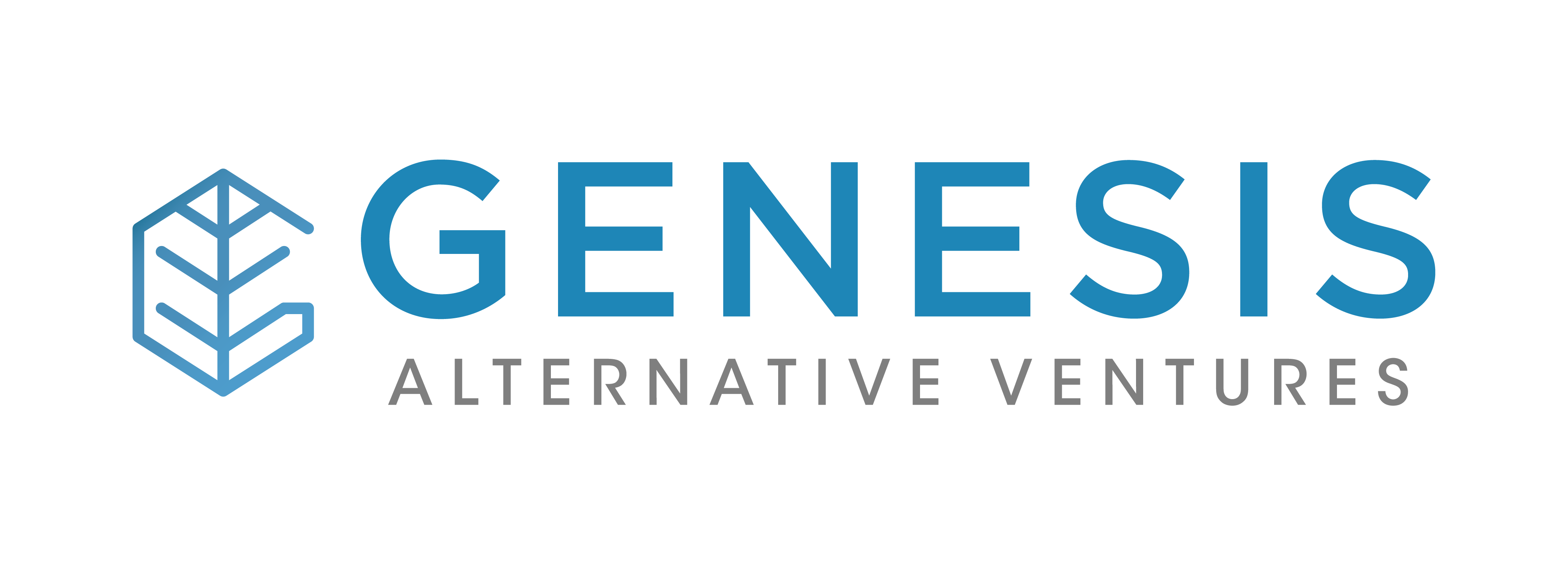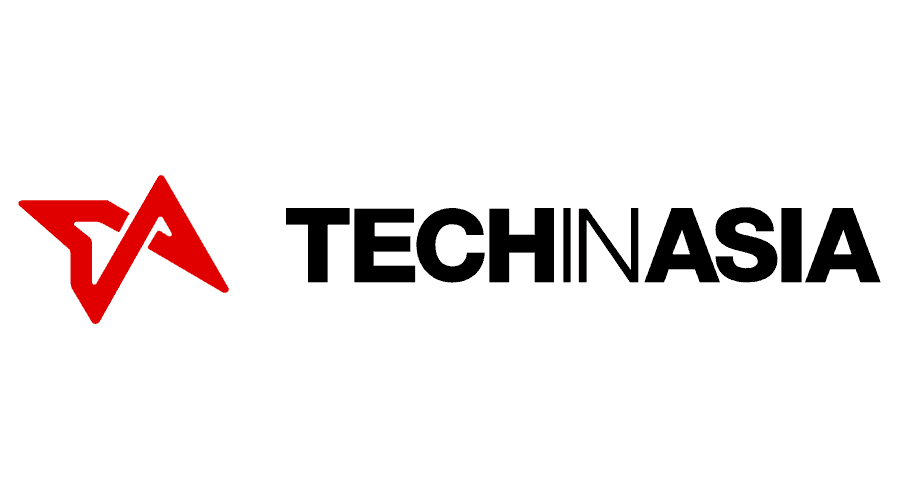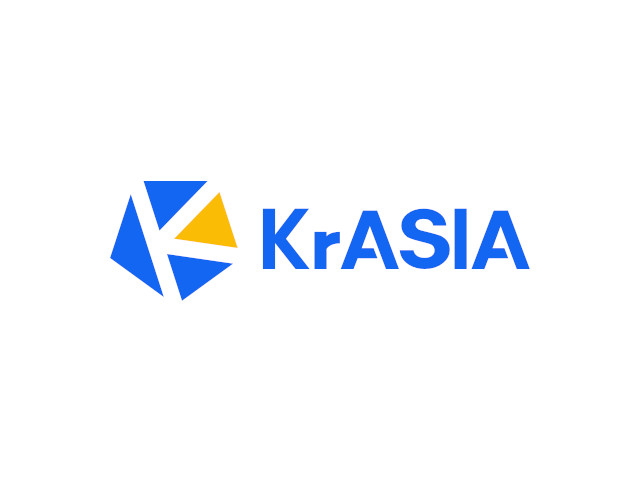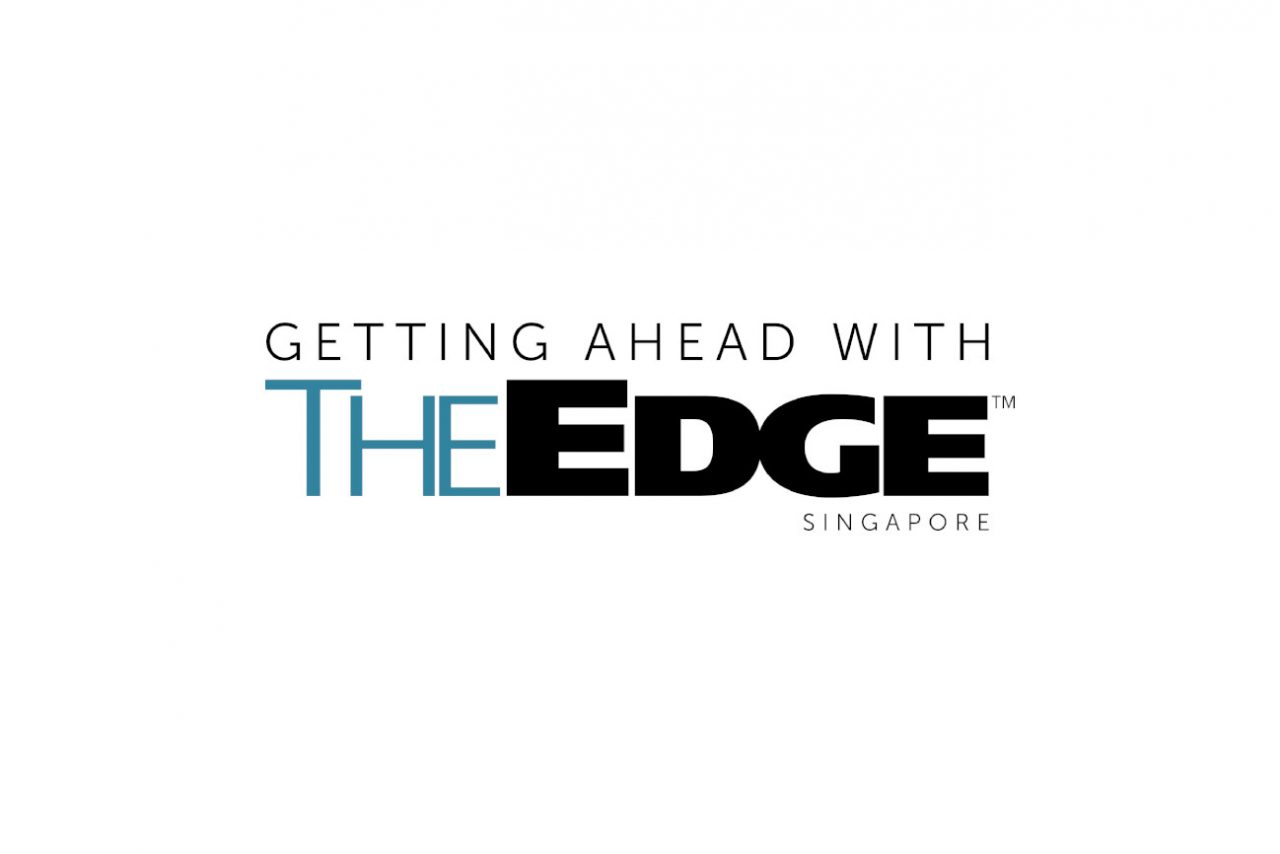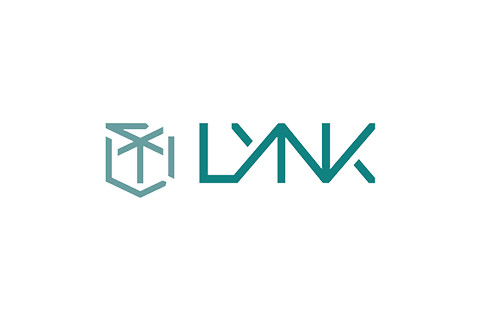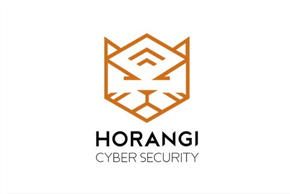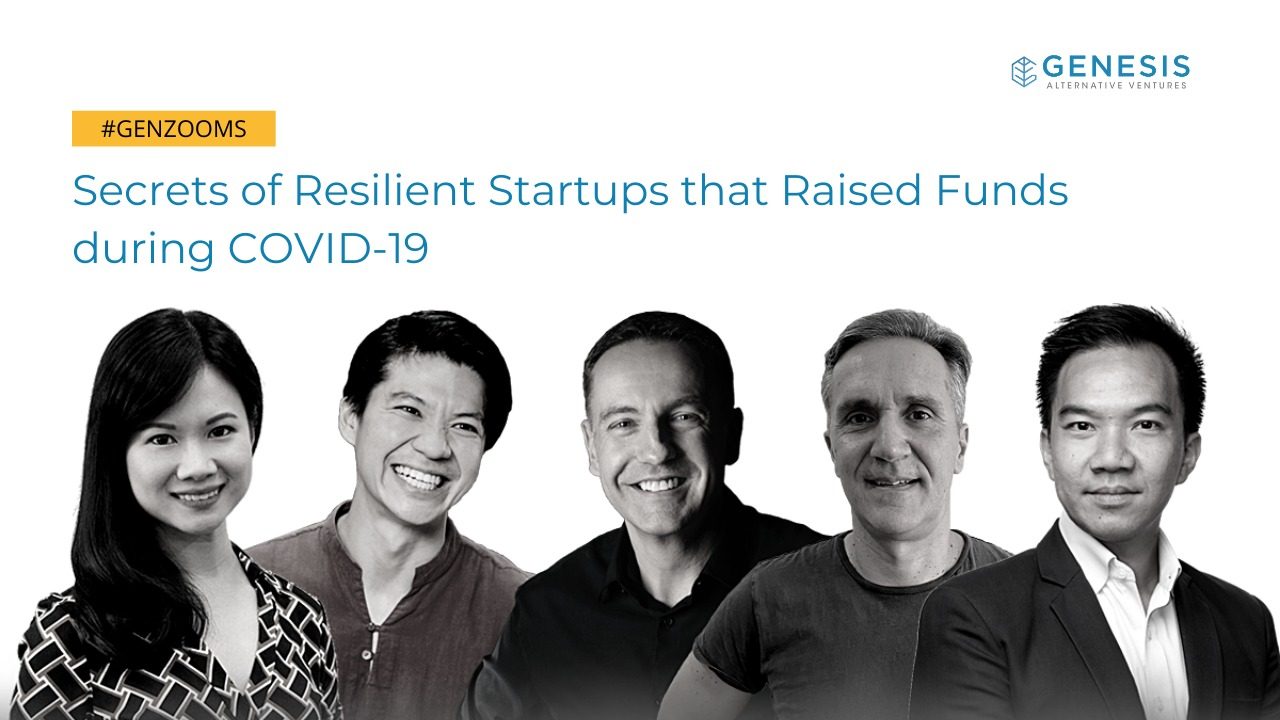The PDF version of this media release can be downloaded here
—–
Genesis Alternative Ventures closes Southeast Asia’s first venture debt fund at US$80 million
- Total commitments from investors exceed target range
- Institutional commitments include Aozora Bank, Korea Development Bank, PT Bank CIMB Niaga
- Genesis deploys US$30 million to tech companies, seeks those with profit-for-purpose mission
Singapore, 15 April 2021 – Singapore-based Genesis Alternative Ventures has closed Southeast Asia’s first venture debt fund at US $80million, exceeding the top end of its target range.
Investors in Genesis Alternative Ventures Fund I, anchored by Singapore’s Sassoon family, include Japan’s Aozora Bank, Korea Development Bank (KDB) and Hong Kong multi-asset investment firm Silverhorn Group. Earlier commitments include Indonesia’s PT Bank CIMB Niaga and Seattle-based global investment impact fund Capria Fund.
Tokyo-based Aozora Bank is a publicly-listed financial institution that operates through 21 domestic and five overseas offices. As at 31 December 2020, it has total assets of about 5.6 trillion yen (US$51 billion). In November 2019, Aozora Bank established a two billion yen (US$18 million) fund to provide venture financing to domestic venture firms.
State-owned KDB is a policy development bank in South Korea with total assets exceeding US$230 billion. By collaborating with Genesis, KDB hopes to facilitate the expansion of Korean technology firms into Southeast Asia.
Overall, financial institutions, fund-of-funds and family offices accounted for about 75% of total commitments from investors across Asia, Europe, the Middle East and the United States.
Dr Jeremy Loh, Co-Founder and Managing Partner at Genesis Alternative Ventures, said: “Venture debt in Southeast Asia has been thrust into the limelight during the Covid period with entrepreneurs seeking more efficient capital and putting in place additional capital buffers.
“We are thankful for the strong support of our investors who have embraced the venture debt model in Southeast Asia. We are equally delighted with the robust quality of our portfolio companies. A growing number of them are making a positive impact to society and the environment, underscoring Genesis’ profit-for-purpose commitment.”
More than US$30 million of venture debt deployed to SE Asia tech companies
To date, Genesis has deployed over US$30 million to a growing portfolio of 12 venture-backed companies across Southeast Asia. They include Horangi Cyber Security, Indonesia’s flexible space provider GoWork, Lynk Global – an on-demand expert network platform as well as Believe, a B2B FMCG startup.
Another portfolio company, Matterport Inc, an expert in transforming buildings into digital spatial data, has announced in February 2021 that it has entered into a definitive agreement that will result in Matterport becoming a Nasdaq listed company via a SPAC.
Investing in for-profit companies that deliver impact at scale
Genesis is committed to investing in companies with the potential to generate sizeable financial returns while delivering sustainable positive impact.
Genesis counts Flow, Deliveree, Tanihub and Trusting Social among its impactful portfolio investments. The latter leverages AI and big data to enable financial inclusion for the underbanked, while Flow focuses on ethical, digital consumer debt collection in various Southeast Asian countries. Indonesia’s Tanihub gives fairer rates to Indonesian farmers, provides microloans for their crop and grows their businesses. Through its Driver Partner Benefits Program, Deliveree aims to generate better income through lowering the costs of maintaining their vehicles.
Growing importance of venture debt in Southeast Asia
Venture debt, generally deployed by way of senior, secured non-convertible debenture accompanied by equity options, is appropriate for emerging, high growth businesses that need to extend their cash runway to get to the next stage of growth. These companies may lack the track record to meet traditional criteria for bank loans or their founders may wish to minimise equity dilution.
Global data suggests there is significant headroom for venture debt to grow in the region. A recent study by Pitchbook notes that in the US, venture debt has grown at a faster pace than the broader venture capital market and that 2019 and 2020 were record years for tech companies raising debt. By comparison, venture debt makes up an estimated 2% to 4% of overall venture funding in Southeast Asia last year. While trailing US venture debt deployment, venture debt in Southeast Asia continues to gain traction as qualified deal flow continues to grow 31% quarter on quarter on an annualised basis since January 2020.*
*Internal Genesis statistics (2020 – 2021)
Genesis to host forum on venture debt and impact investing in May 2021
Genesis will host an online forum for industry leaders and thought leaders to share their experiences and exchange ideas on the venture ecosystem, specifically as it relates to capital raising, venture debt and impact investing.
The Genesis Forum, (http://www.genesisventures.co/forum2021), organised in collaboration with Institute of Innovation and Entrepreneurship at Singapore Management University (SMU) and PricewaterhouseCoopers Singapore (PwC Singapore), will take place on 6 May 2021. Dato’ Sri Nazir Razak, who is the Founding Partner and Chairman of Ikhlas Capital and former Chairman of CIMB Group, will deliver the keynote address. Genesis and PwC Singapore are also expected to release a first-ever industry-wide paper on venture debt in Southeast Asia at the forum.
Genesis was founded by Ben J Benjamin, Dr Jeremy Loh and Martin Tang in 2019.
– The End –
